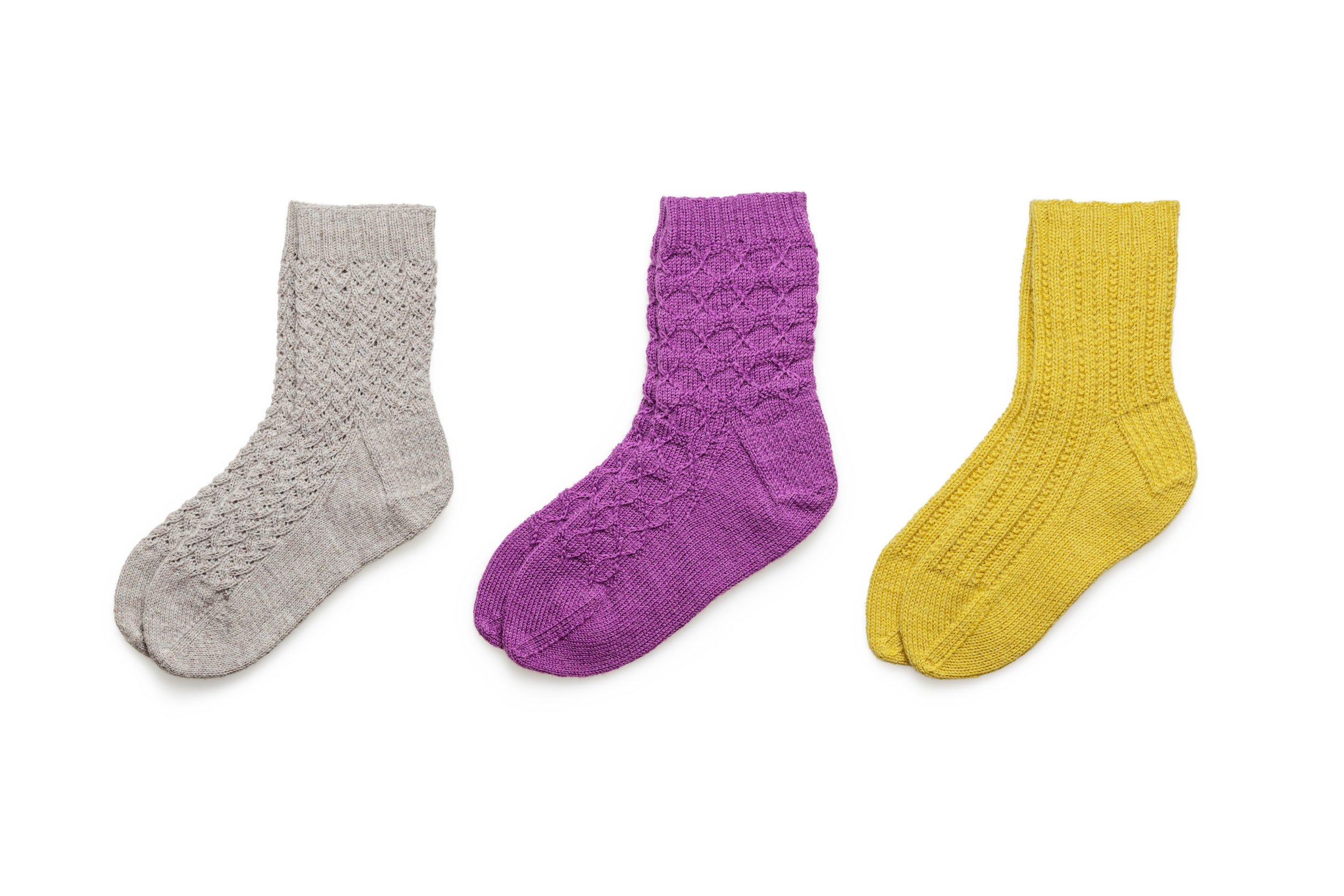Warming Socks
A fever is the body’s way of tuning the immune system so it can more effectively manage viral and bacterial infections.
There are downsides of acetaminophen (brand name Tylenol) and NSAIDS like Ibuprofen, which are often used to decrease fevers and manage pain during an illness.
Blocking a fever with a medication also blocks something called heat shock protein 90, and then the immune system does not respond as it should.
So what else can be done?
A magical alternative:
One of the most powerful alternative therapies to acetaminophen/Tylenol and ibuprofen/Advil is something called "Warming Socks." I love referring to them as "Magic Socks" also.
This treatment acts to reflexively increase circulation and decrease congestion in the respiratory passages, head, and throat.
It has a sedating action and many patients report that they sleep much better during the treatment.
This treatment is also effective for pain relief and it increases the healing response during acute infections.
This can be used to treat:
Fever
Sore throat
Respiratory infection
Cough
Sinus infection
Nasal congestion
Ear infection
Headache
Migraine
Supplies:
1 pair cotton socks
1 pair thick 100% wool socks
Towel
Warm bath or warm foot bath
Directions:
Prior to bedtime, warm up your feet. Warming can be accomplished by soaking your feet in warm water for at least 5-10 minutes or taking a warm bath.
Dry off feet with a towel.
Take a pair of cotton socks and soak them completely with cold water. Wring the socks out thoroughly.
Place cold wet cotton socks on feet. Immediately cover the cotton socks with thick dry wool socks.
Go directly to bed. Avoid getting chilled.
Keep the socks on overnight. You will find that the wet cotton socks will be dry by morning.
The treatment is most effective if repeated every night during the illness and 2-3 days beyond symptom resolution.
Caution:
There are times when a fever can get so high that it becomes threatening to the body itself and can even start to damage the brain.
So please don’t misunderstand me that a fever should never be reduced with a medication.
However, know that a fever is a natural, healthy response created for good reason.
For an adult, a fever may be uncomfortable, but usually isn't a cause for concern unless it reaches 103 F (39.4 C) or higher.
-Always monitor for signs of dehydration including lethargy, lack of concentration/focus.
-Aim to keep the fever in the “safe zone”, but do not unnecessarily suppress.
-The fever will help to resolve the infection and develop immune system strength.
Trust your body and its innate ability to heal,
💕
Dr. Laura Neville

